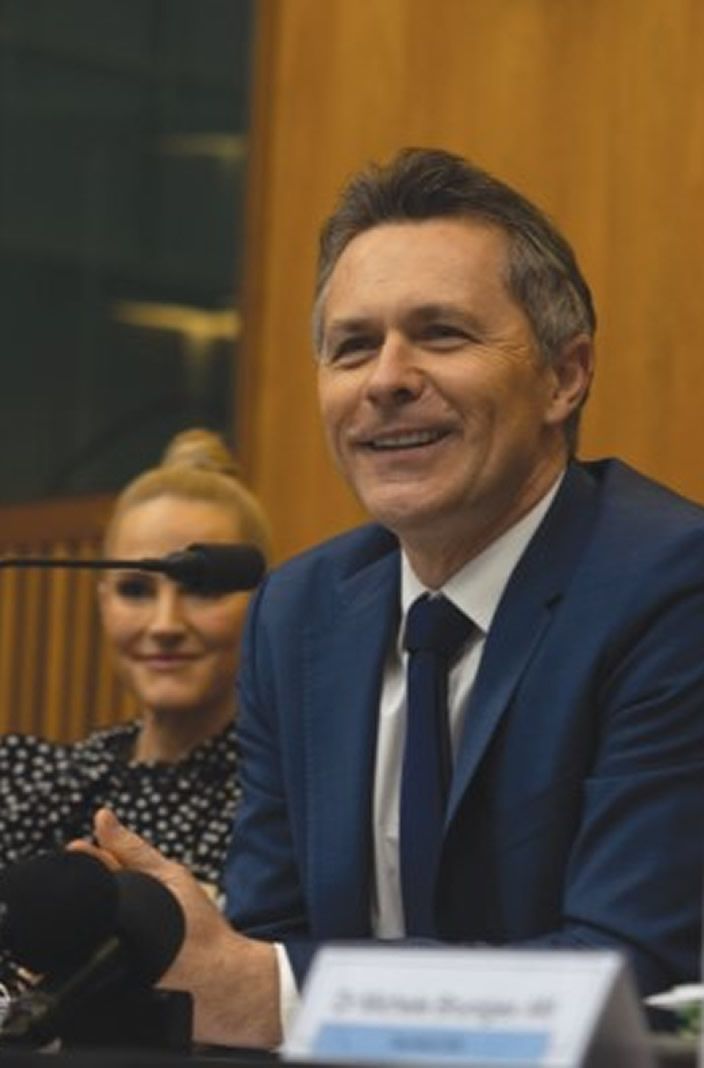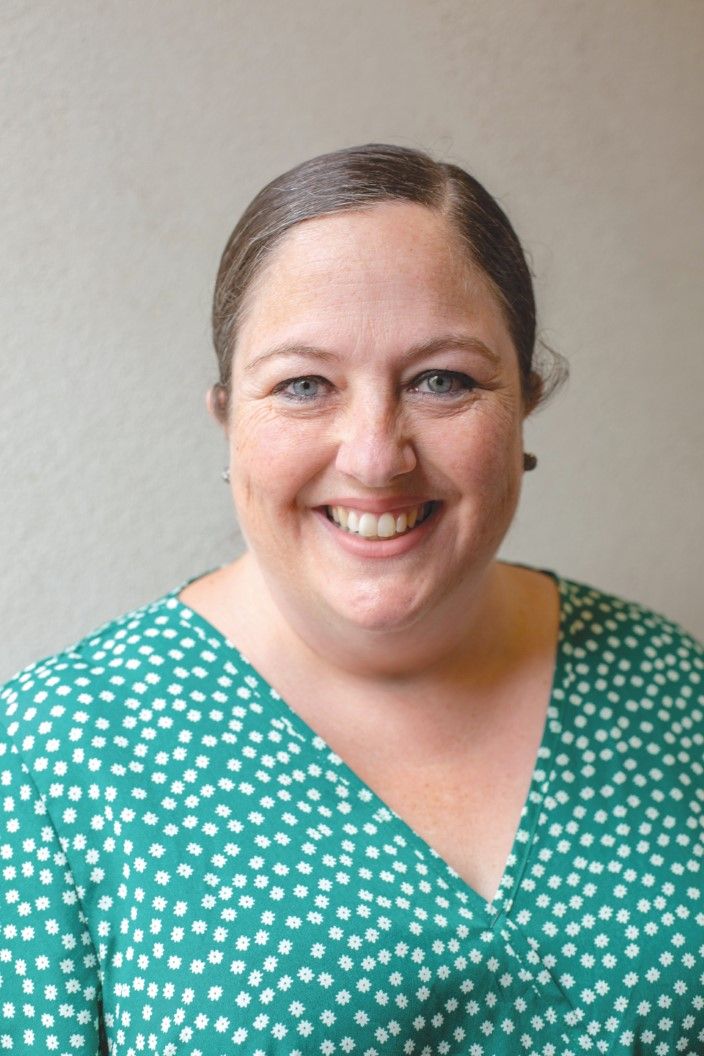Teacher and IEU member Angela McDonald and IEUA Federal Secretary Christine Cooper attended the Teacher Workforce Roundtable in Canberra on 12 August. They share their impressions here.
Hosted by Federal Education Minister Jason Clare, the Roundtable was the opening session of the emergency meeting of Education Ministers.
Side-by-side with state and territory Education Ministers were classroom teachers, school principals and representatives from the IEU and the Australian Education Union.
“For a long time, teachers have not been included in major decisions directly affecting us,” McDonald said. “So this Roundtable, coming so early in the new government’s term, was filled with promise.”
Stating the problem
Unions have been warning for some years that teacher shortages are dire, from early childhood education right through to Year 12. There are problems with recruitment and retention, work intensification, comparatively low pay, and misguided community perceptions of low professional status.
School enrolments are expected to grow by 10 percent over the next decade, but the number of people enrolling in teaching degrees is falling, down 8 percent between 2017 and 2020, leading to an expected shortfall of more than 4000 teachers by 2025.
The human cost is escalating. “I’m burnt out and exhausted,” McDonald said in the post-Roundtable press conference. “My average work week would be 60-70 hours, that’s most weeks. Sometimes I treat myself and I might only work 50 hours.”
Education Minister Jason Clare had clearly listened. “Angela was almost in tears herself and almost brought me to tears,” he said.
Unpacking the causes




































































































































